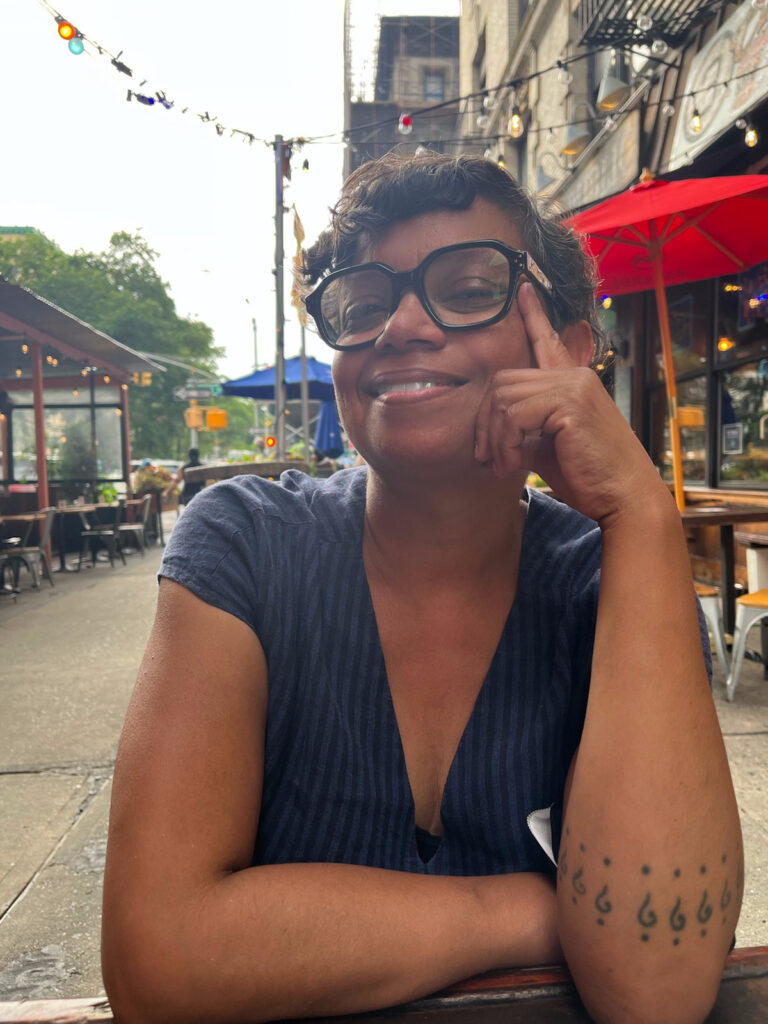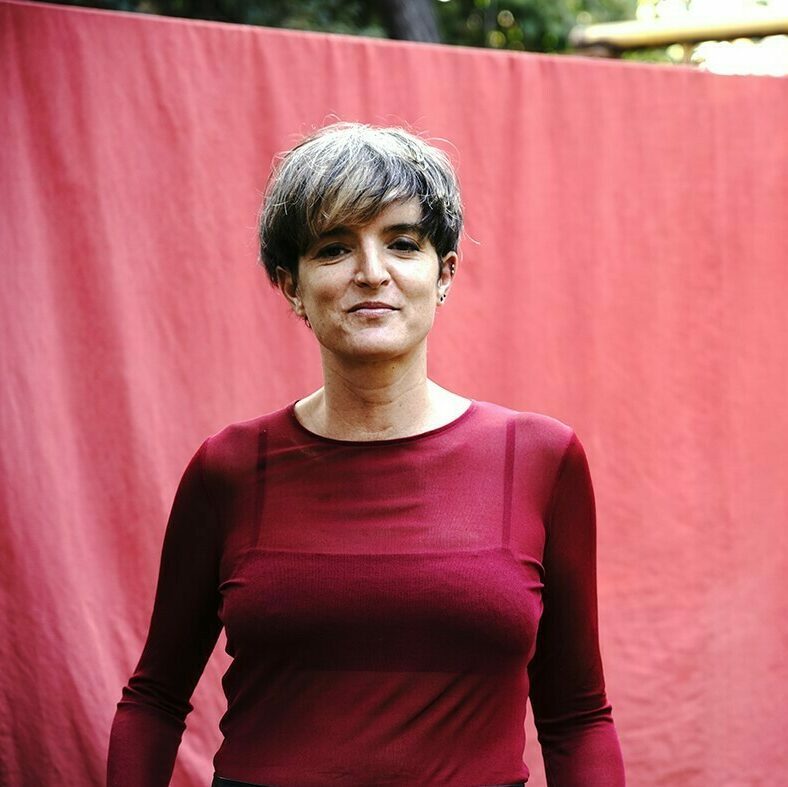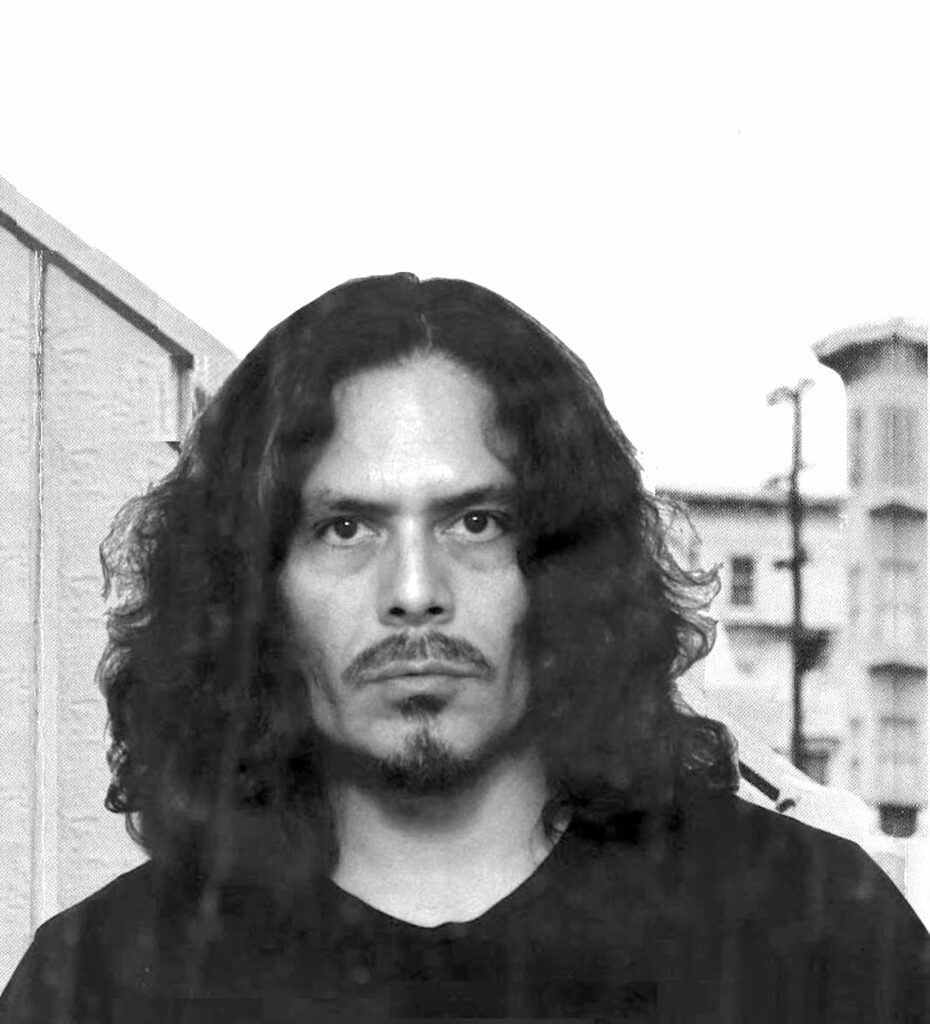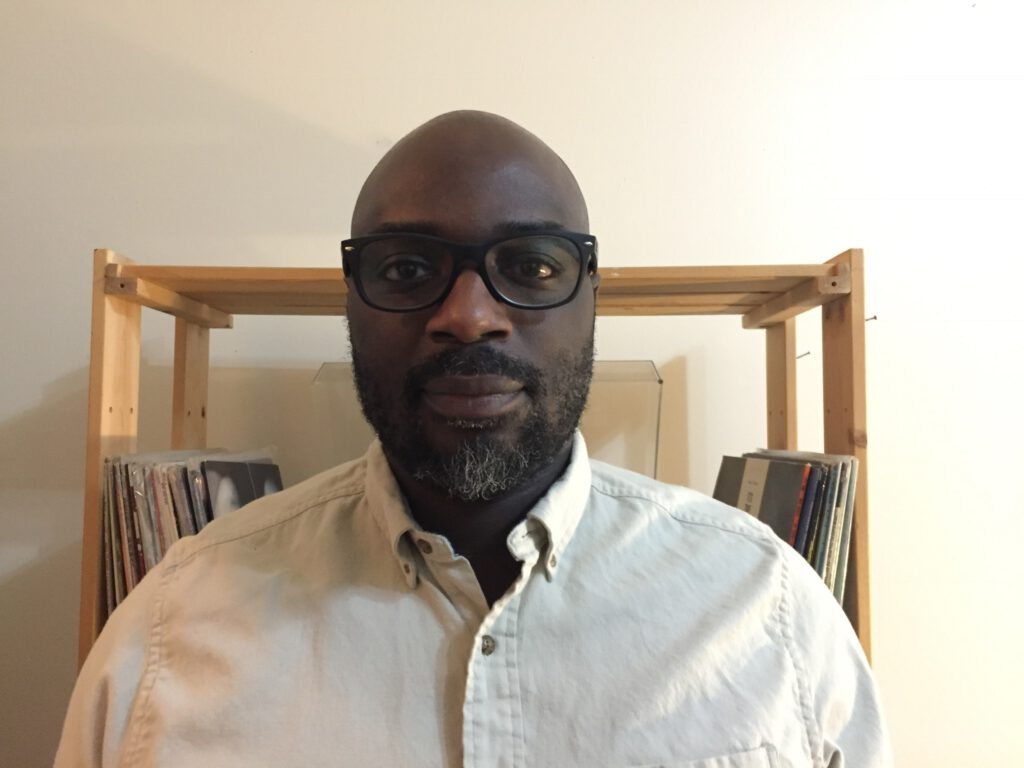Listening Party: Return to the Source, 1968
Wed, Nov 15, 2023
6:30 PM–8:00 PM
The James Gallery at the CUNY Graduate Center. Please register to attend.
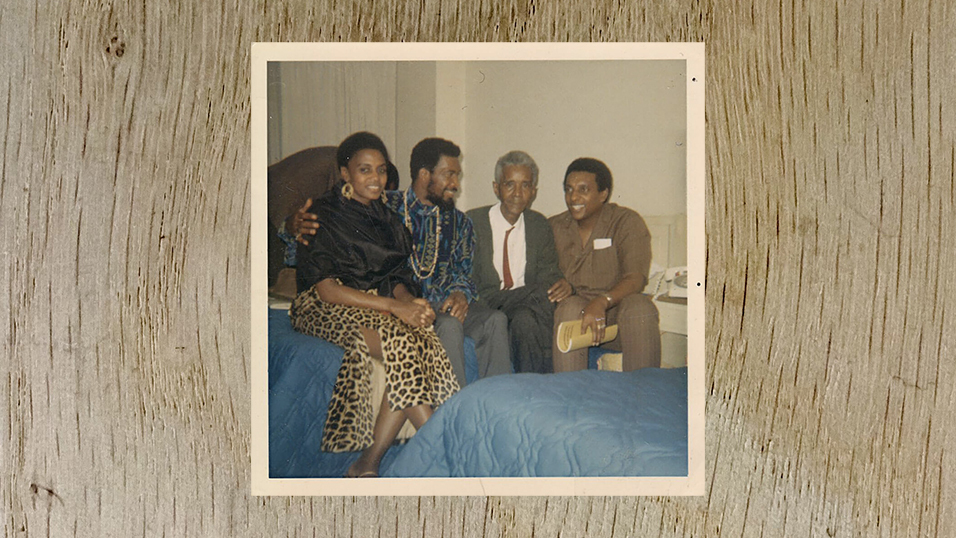
Join us in the James Gallery for Return to the Source, this listening party features artist william cordova‘s playlist 1968, his contribution to Return to the Source, who along with scholar/educator David Austininvite us to communally listen to selected songs from 1968 and beyond. Moving between short clips of songs and complete tracks, cordova and Austin will draw from their own musical interests to talk about their ideas on the sonic dimensions of political struggle. Free and open to all.
CLICK HERE TO REGISTER AND ATTEND.
After their exchange, we will informally listen to the music that emerges from their exchange and tracks people in the audience would like to add.
Return to the Sourceattempts to dislodge the pivotal year of 1968 as one sedimented in history by offering new modes of interpretations vis-à-vis the archive. Return to the Source borrows from Guinean revolutionary and thinker Amilcar Cabral’s concept of the return to the source, which he first used in a speech he delivered in 1972. For Cabral, the return to the source was the process that many native-elites engaged as a manner of rejecting the colonial ideology they felt trapped in. His critique against this was that it served an individual purpose, rather than a collective one, and unless such return meant an alignment with the native masses and the direct struggle for liberation, this action was of no historical consequence.
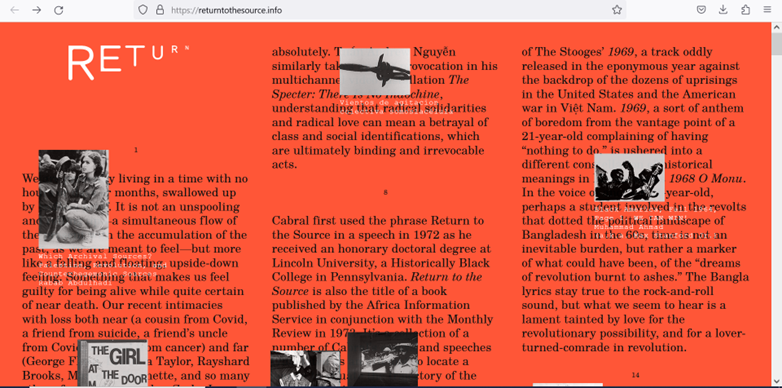
A return to the source, however, must always be embedded in the vexing forces of history and culture, so this speaks to the understanding of our own history and the distance between it, and our commitment to understanding it, recuperating it and ultimately, liberating it. Return to the Source considers the historical narratives we can weave into what we already know, and the texts we can insert to destabilize, reframe, rectify or amend the established genealogy around the mobilizations occurring around 1968 as pivotal to understanding the crucial elements of the radical fervor of the twentieth century. This project, in the form of an online publication, presents new readings and visualizations that disrupt chronologies and illuminate narratives previously foreclosed within well rehearsed histories of this time period. The website format offers the opportunity for interconnected forms of production and circulation of knowledge, and insists upon multiple readings and viewings that both converge and diverge.
Explore Return to the Source with contributions from Muhammad Ahmad (a.k.a. Max Stanford Jr.), David Austin,Bùi Kim Đĩnh, colectiva somoslacélula (Ángeles Donoso Macaya, César Barros A., and Amanda Lotspike), william cordova, Stefano Harney and Fred Moten, Sol Henaro,KURS (Miloš Miletić and Mirjana Radovanović),Miss Major, Toshio Meronek,Naeem Mohaiemen, Nguyễn Trinh Thi,Tuấn Andrew Nguyễn, Sónia Vaz Borges, and Deborah Willis.
Return to the Source and this listening party and launch is organized by denisse andrade and Hồng-Ân Trươngand is presented by the James Gallery Institute for Art and Collaborative Inquiry, CUNY Graduate Center, and the project was made possible by the Public Humanities Fellowship awarded by Humanities New York, in conjunction with the Center for Humanities at the CUNY Graduate Center who is a co-sponsor for this launch event with the James Gallery Institute for Art and Collaborative Inquiry and the MA Program in Digital Humanities, CUNY Graduate Center.
Participants
Related Events
Symposium
On Nationalism Symposium, The Fragility and the Possibility of We
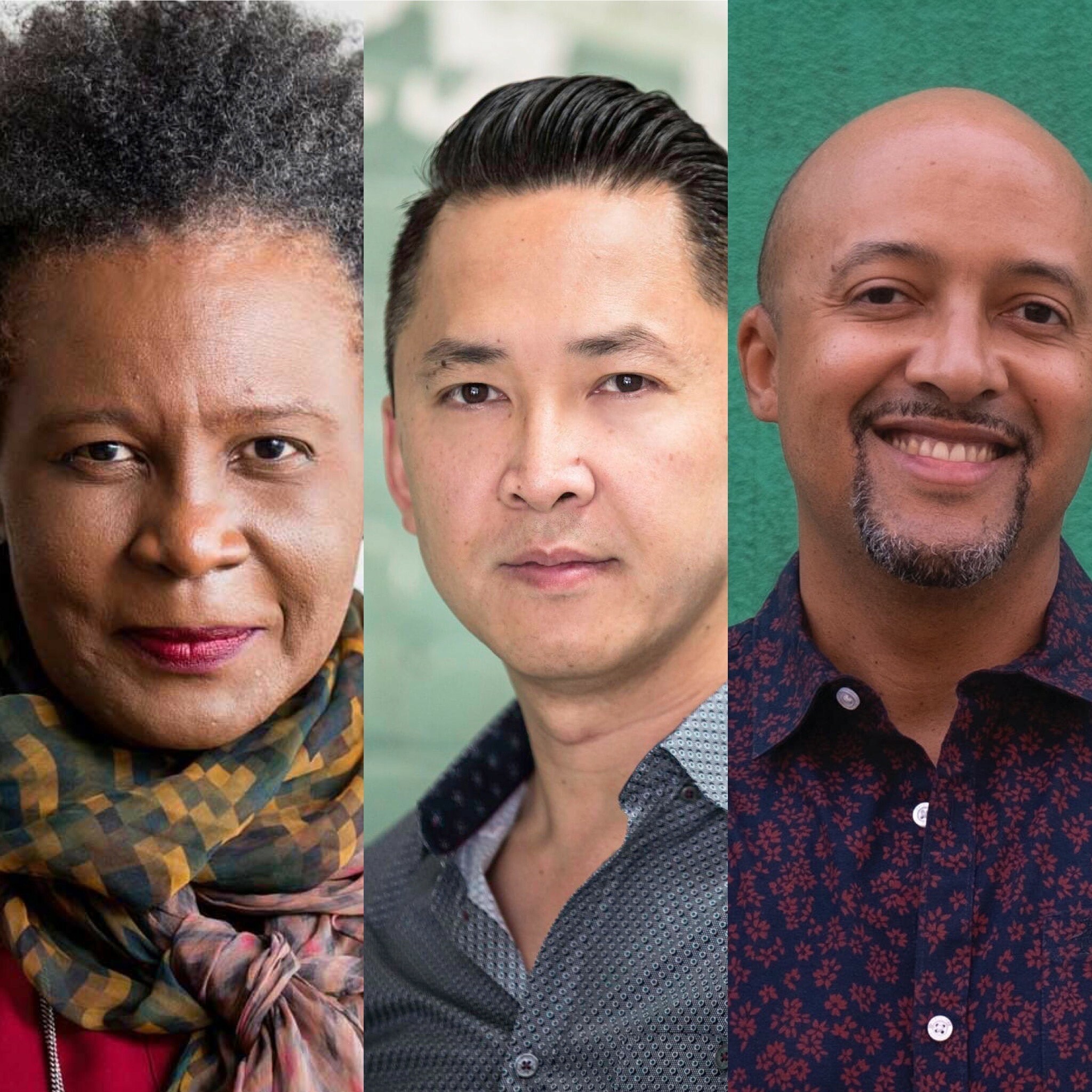
Conversation
Haunting Refrains: Sampling Practice in Black Poetry and Music with Harmony Holiday and Hanif Abdurraqib
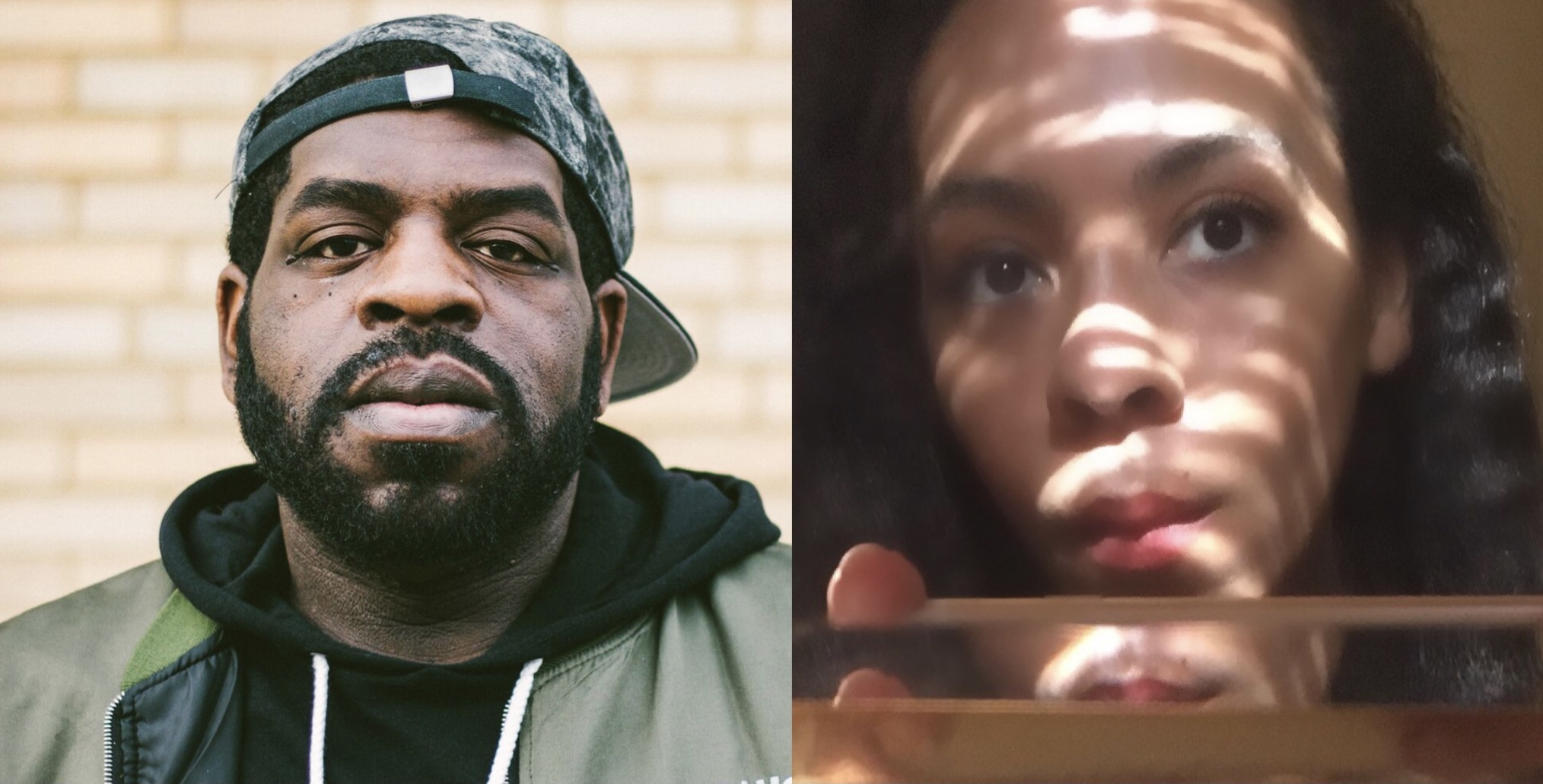
Conversation & Performance
Mind, Body & Soul: Afrofuturist Sacred Sounds
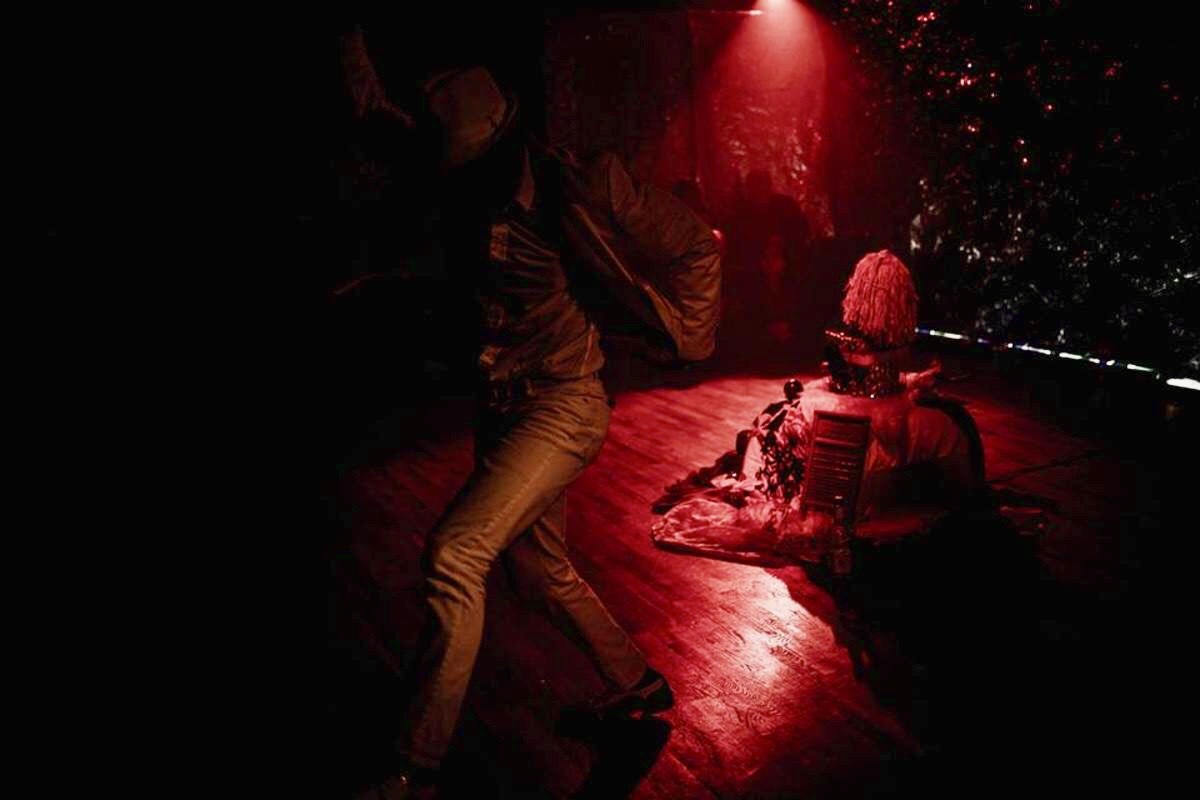
Conversation & Reading
Ensemble Time: An Improvised Reading and Listening Session with Harmony Holiday and Fred Moten
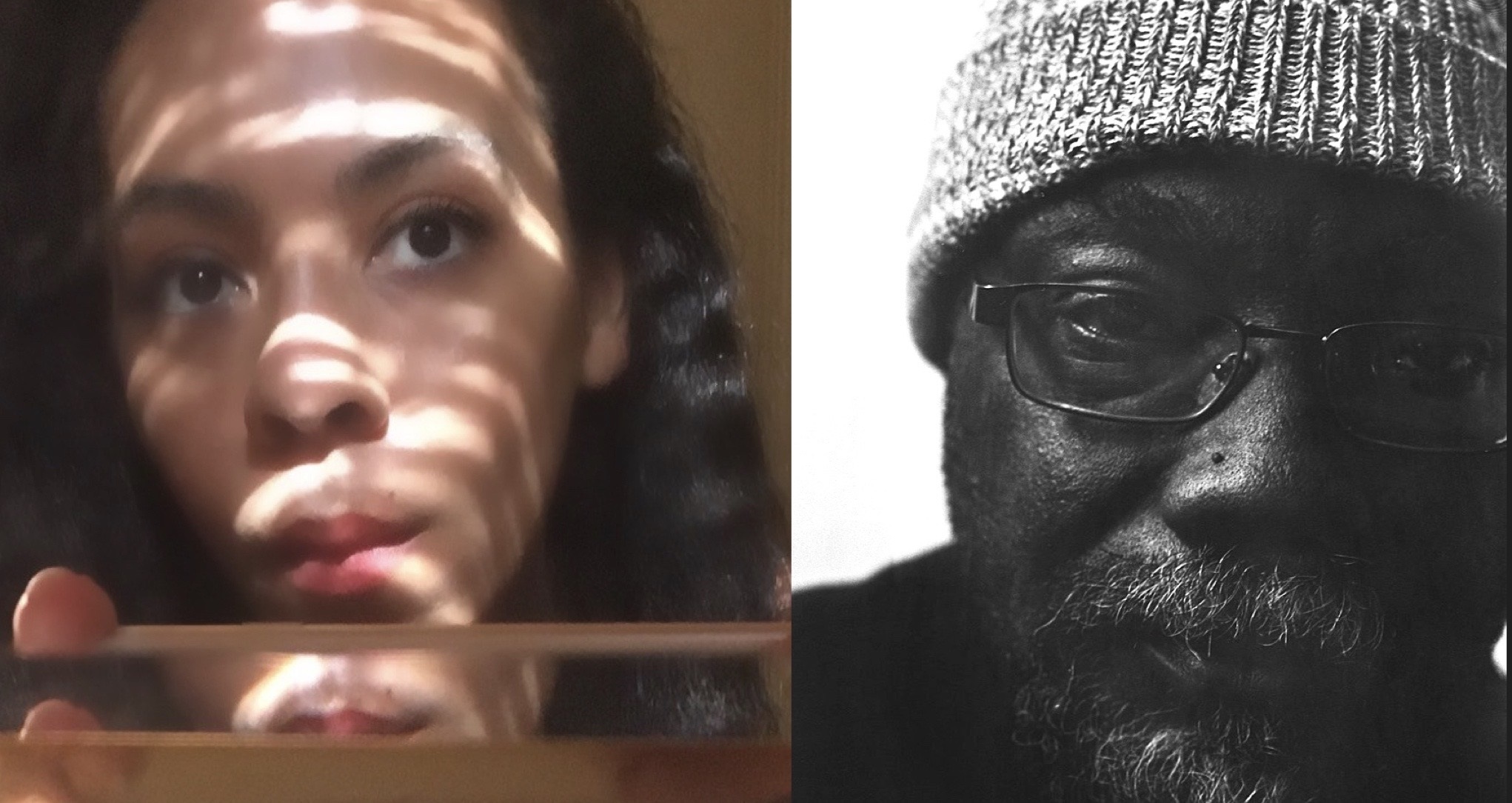
Conversation & Reading
Harmony Holiday and Fred Moten Reading and Book Celebration
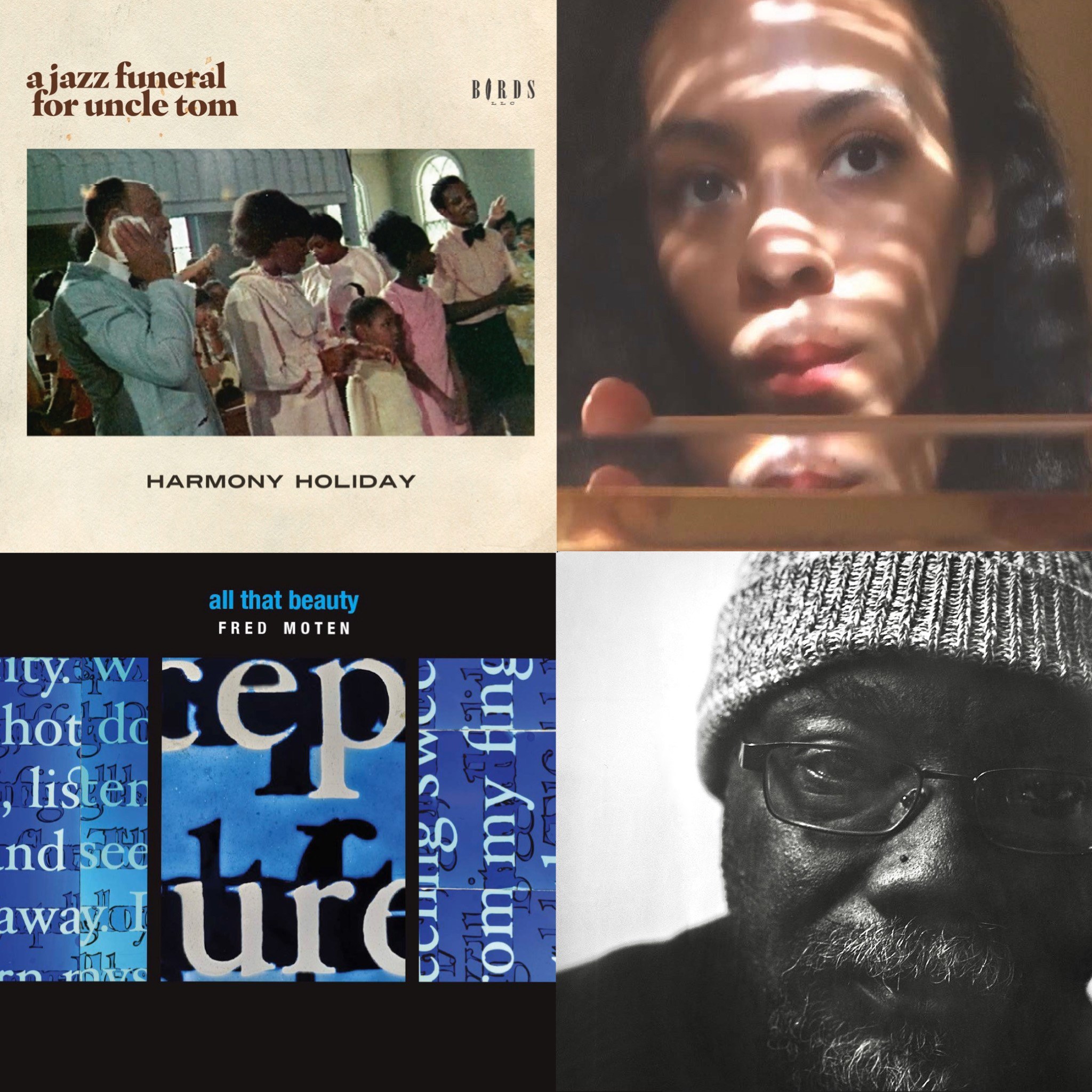
Conversation & Performance
Poetry Listening Session with Brent Hayes Edwards and Fred Moten

Conversation & Performance
Extending Radical Empathy: A Listening Party and Book Launch!
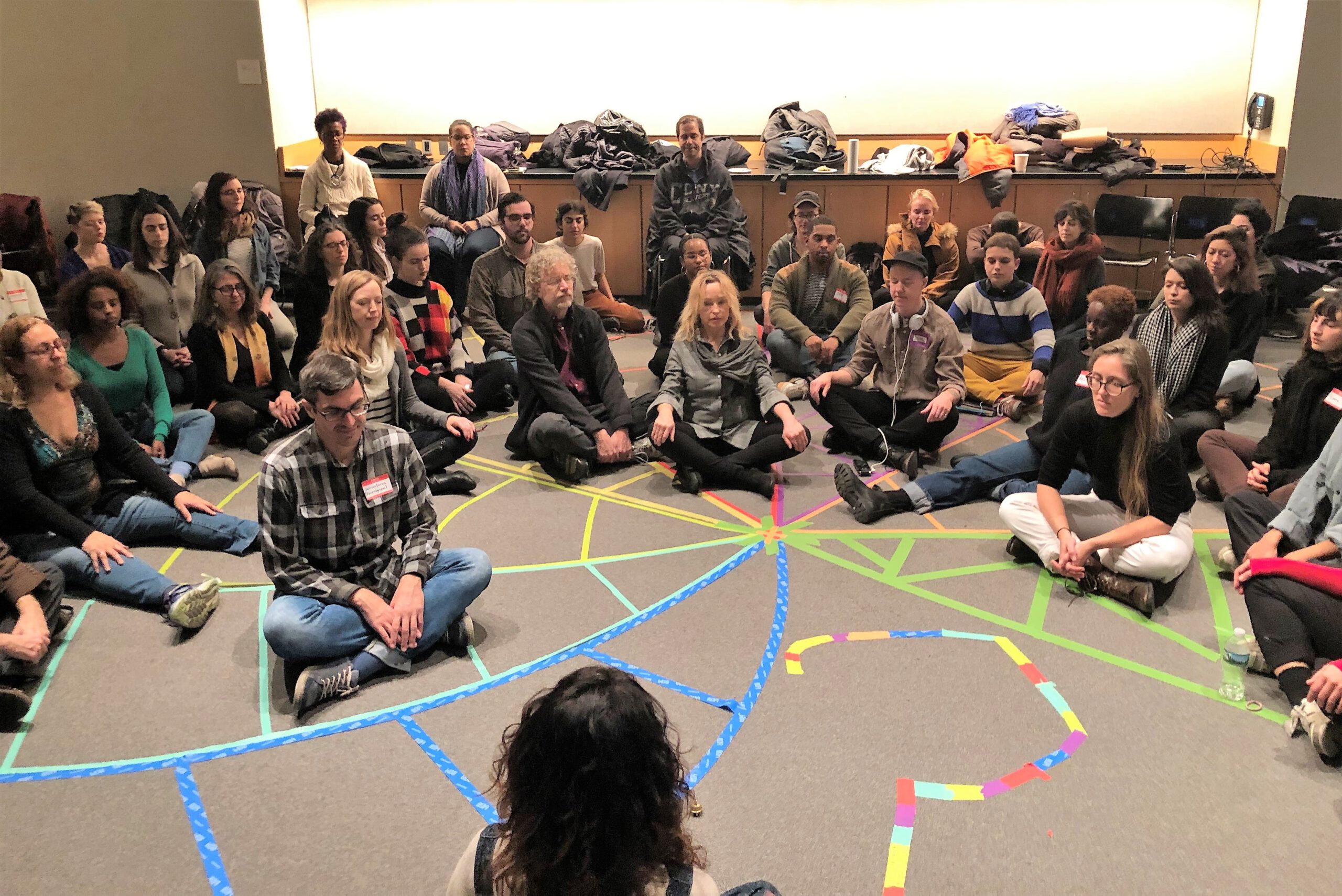
Conversation & Performance
Records of Resistance Listening Party

Conversation & Performance
Listening with Radical Empathy: A Listening Party!

